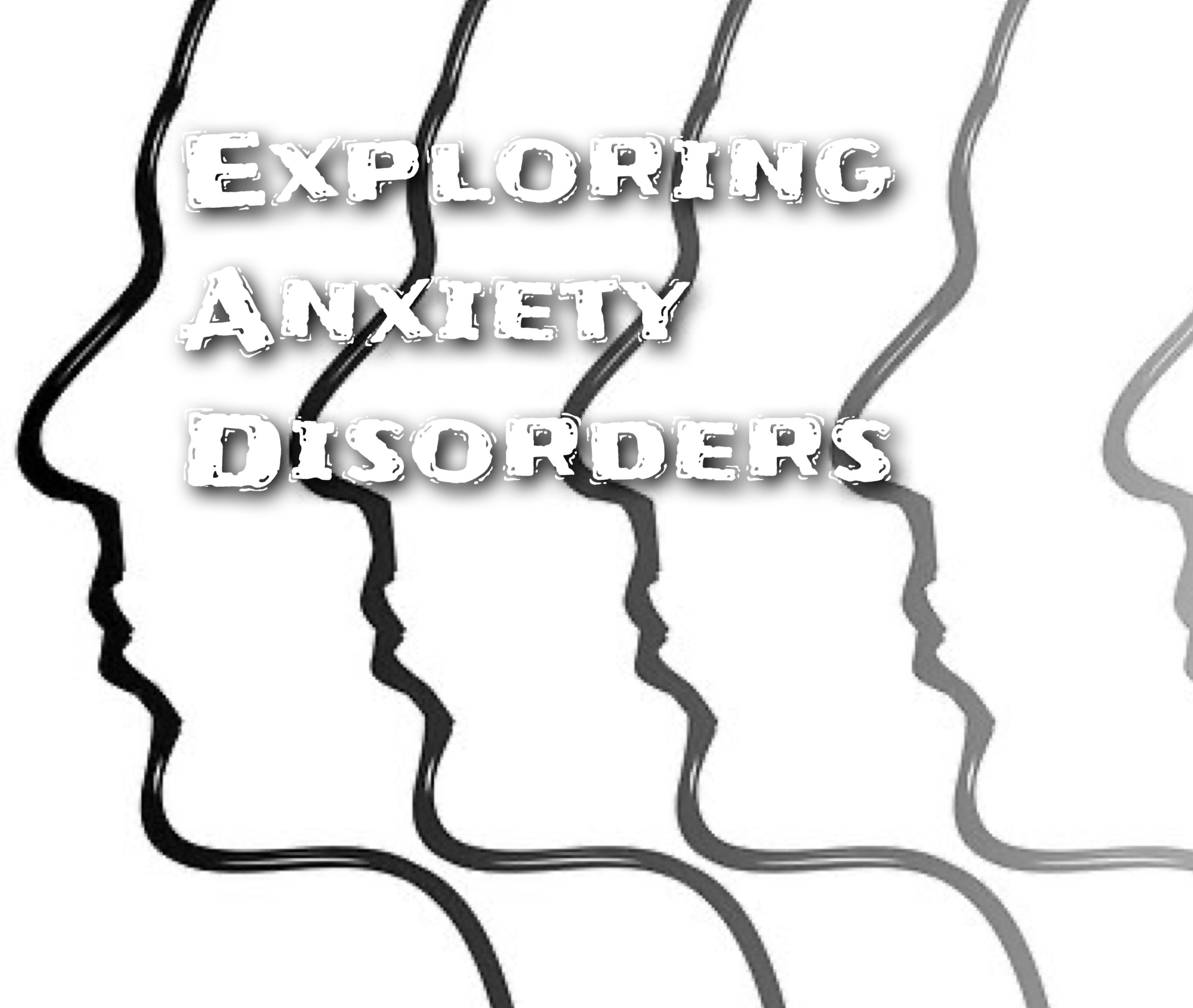
Exploring Anxiety Disorders
People may know what anxiety feels like but it isn’t easy to understand the variety of anxiety disorders and how they are classified. All of them have one thing in common: An excessive or persistent worry that may not be applicable to a situation. Similarly, these anxieties are learned through previous negative experiences. It isn’t always clear what the root of the anxiety it though. There are five major anxiety disorders. They are: Generalized Anxiety Disorder (GAD), specific phobias, panic disorder, PTSD and OCD.
GAD and Phobias
GAD is the most common of all of the anxiety disorders. It is a persistent fear or worry and may be situational. For example, the person may worry about school, work and any other situation that may be out of their control. When the fear is unique to a certain situation, it is classified as a specific phobia. A lot of us might experience fear in certain situations, but the level of impairment and how it damages a person’s functioning determines the extent of their phobia. Many people freeze in these situations or avoid them altogether which puts themselves out of their way to avoid further fear and anxiety.
Panic Disorder and Agoraphobia
While panic disorder is the recurrence of unexplained panic attacks, it is also fueled by a fear of these panic attacks. Due to the unpredictability a person may fear the potential panic attack itself. Agoraphobia is a specific phobia that develops out of the anxiety of a panic attacks outside where they might not be able to get help.
PTSD
Post-traumatic stress disorder develops from the recurring fear of anything that they might associate with a traumatic event. This might make an individual sensitive to loud noises and put their body on high alert resulting in insomnia and nightmares. This is their body’s way of protecting them from similar events.
OCD
It is hard to think of Obsessive Compulsive Disorder as a type of anxiety. A lot of people imagine someone who is simply repeating a behavior. However, many of these behaviors are rooted in fear and are used as a way to relieve anxiety. The anxiety-fueled thoughts that create this fear are called obsessions. For example, someone who fears germs and getting sick might wash their hands several times as a way to relieve the anxiety that these thoughts about germs and illness give them.
How to Get Help
We offer an integrated, holistic approach that includes therapy and case management. Our doctors specialize in the treatment of co-occurring mental health and substance use disorders, and work to solve ones that have are compounded in effect. Contact us and reclaim your life.
Contact a doctor for a referral or find a therapist. They can work to design a custom plan for wellness. Secure treatment is over the phone or computer with telehealth, providing coping skills for grief, loss, depression and anxiety. They will work with you one-on-one to get you feeling better.
Source: https://www.hhs.gov/answers/mental-health-and-substance-abuse/
